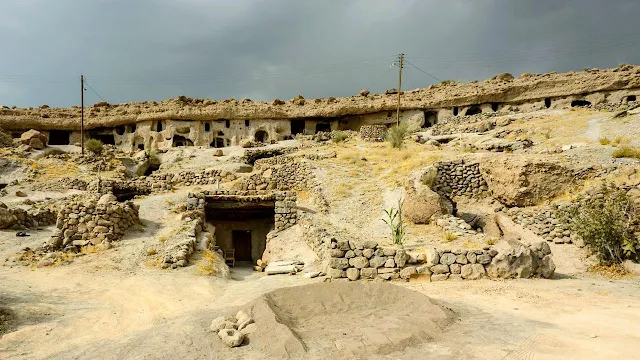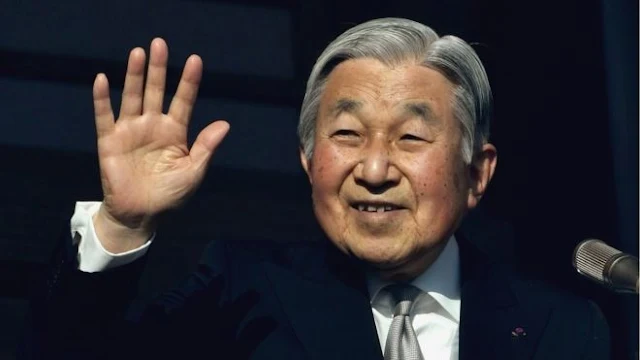These ancient underground dwellings provide shelter for villagers – and their livestock – during Maymand’s biting winters.
An ancient cave village
Iran's ancient
village of Maymand, located around 900km south of the capital Tehran, is
littered with troglodytic dwellings ‒ cavernous, underground homes
carved out of soft rock. Stone engravings found at the site are
estimated to be more than 10,000 years old.
A Unesco World Heritage Site, Maymand is said to have been inhabited continuously for more than 2,000 years, which makes it one of Iran's oldest surviving villages. (Credit: Rodolfo
A Unesco World Heritage Site, Maymand is said to have been inhabited continuously for more than 2,000 years, which makes it one of Iran's oldest surviving villages. (Credit: Rodolfo
Contreras)
Seasonal housing
Tucked away in a
valley within the arid mountains of central Iran, Maymand experiences
extremely hot summers and severely cold winters. To adapt to these harsh
conditions, villagers switch homes according to the season.
In the summer and early autumn, they live in homes with grass thatch roofs which help protect them from the oppressive heat. When temperatures plummet and bone-chilling winds sweep the valley, Maymand residents move underground. (Credit: Rodolfo Contreras)
In the summer and early autumn, they live in homes with grass thatch roofs which help protect them from the oppressive heat. When temperatures plummet and bone-chilling winds sweep the valley, Maymand residents move underground. (Credit: Rodolfo Contreras)
Modern living
Residents have
updated the caves to suit their lifestyle: they have electricity, which
allows for refrigeration, and even televisions. However, there is no
running water, and ventilation is minimal. The dark film that covers
some of the walls is a result of the soot from the fires used to cook or
heat the rooms. (Credit: Rodolfo Contreras)

















